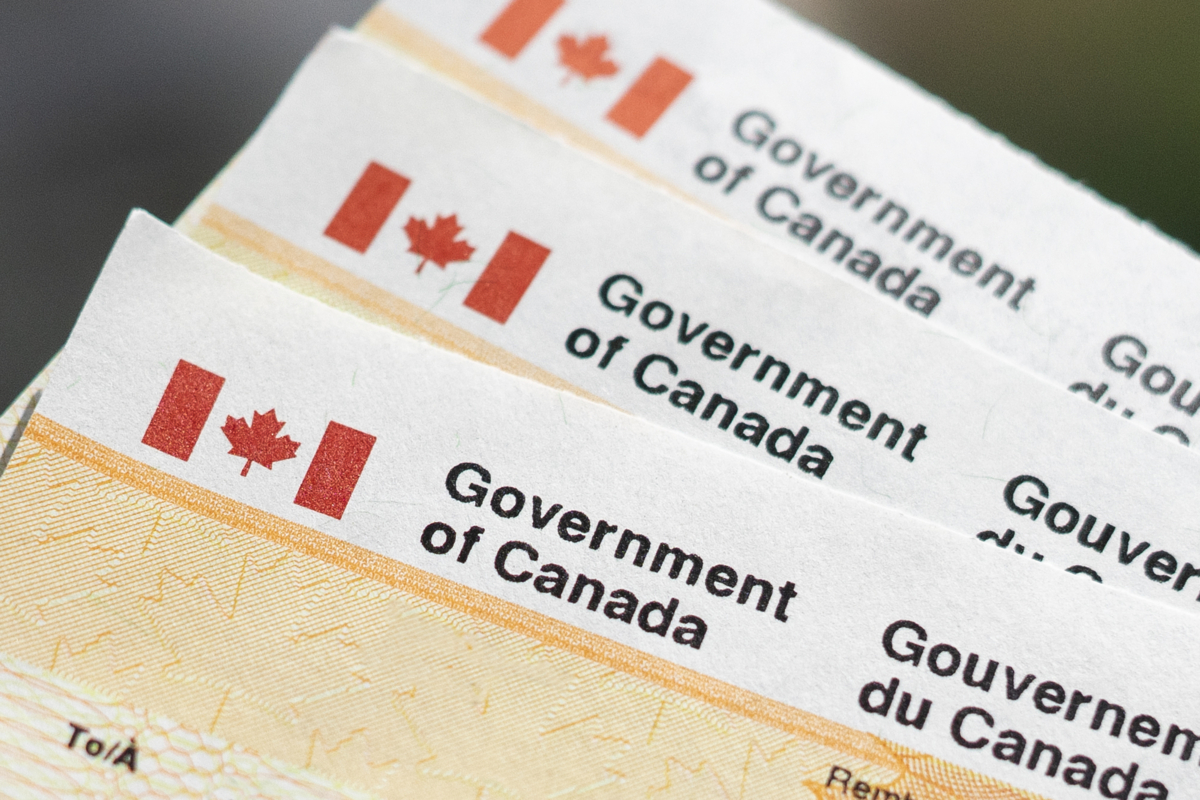A Taxing Situation
Q2 | July 2024

Topic: Tax Planning
July 23, 2024
Image used with permission: Sadi Maria
On a Side Note…
See another Tax Planning Nexus Notes Quarterly article that may be of interest to you.
You May Have a Trust and Not Even Know It
A Taxing Situation
Q2 | July 2024
As a wealth planner, asking people about their goals is part of the job. I typically get a broad set of replies, but I find certain themes pop up repeatedly. One response I often hear from people is that they would like to find ways to save tax. Does saving tax qualify as a goal? Probably not on its own, but if saving taxes results in more money to spend, then what they might choose to do with that money is perhaps closer to the goal they are aiming for. It's understandable why saving tax is often cited when people plan for the future. While no one is likely to declare they enjoy paying taxes, I imagine most will at least rationally understand that taxes can serve a purpose.
The World Happiness Report is published each year, purporting to tell us which countries have the happiest populations. And each year the countries that dominate the top of these lists are some of the highest taxed places in the world. Based on this, are we to conclude that the people in these countries love high tax rates? Again, probably not. Trying to directly link high taxes to happiness is bending logic too far. But if people have a high confidence that their taxes are being used wisely and to their benefit, they are likely more accepting of the need to pay their taxes. Which is better described as tolerating their high taxes.
How might people lose confidence in their government’s ability to tax them wisely and lose tolerance for the taxes they pay? An overly complicated and poorly thought out tax policy is going to be one of those reasons. That is where Canada seems to be finding itself, with a series of recent tax initiatives that have been plagued with a lack of foresight. We’ve seen this with the Underused Housing Tax and the recent attempted introduction of new trust reporting rules. Both policies included unintended consequences that the government was forced to address through delays in implementation as they try to sort out the problems.
The latest example of this looks to be the recent change to the capital gains tax. A lot has been written about these changes, but to summarize, the taxes on capital gains have increased. Previously, 50% of a capital gain was tax-fee; now the tax-free portion is down to one-third. This results in a larger portion of a capital gain being taxable, which leads to a higher overall tax rate. For individuals, this doesn’t occur until after they’ve already earned $250,000 of capital gains in a year, but no such exemption exists for corporations or trusts.
I’ll leave it to any one of the numerous articles out there to fill in the rest of the details. However, one of the concerns was the June 25, 2024 date the rules became effective. This short notice created unnecessary pressure on Canadians to decide if they wanted to trigger unrealized gains before that date and sell assets if they thought that was the best strategy. A solution to this could have been to use an election form that taxpayers could have filed with their regular taxes the following year. This approach would have maintained the same transition date but would have given more time for people to plan and seek out proper advice. This was the method used in 1994 when a previous capital gain exemption was eliminated, and this did give Canadians the proper amount of time to consider their options. We will also have to wait and see how these new tax rules will impact entrepreneurs and investment in Canada. As well as what it might mean for the medical community as many doctors rely on their professional corporations to save for their retirement, and these changes are going to make that more difficult. The changes to the capital gains taxes were unexpected, felt rushed, and were not fully thought through, all of which serve to undermine our confidence in how we are being taxed.
